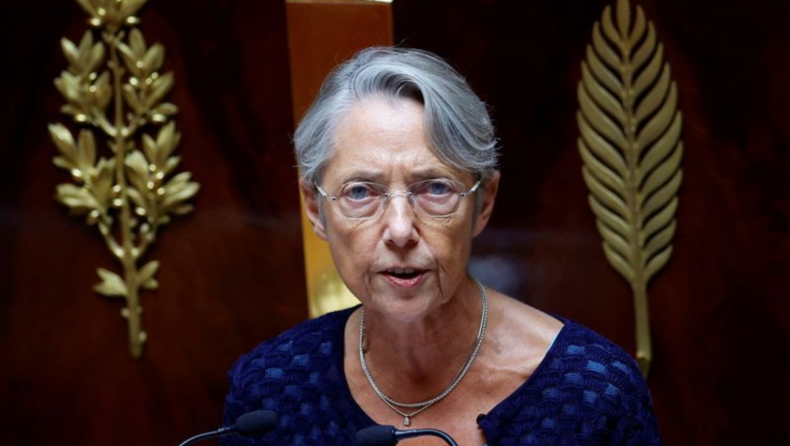PM Elisabeth Borne wins her first no-confidence motion in parliament brought upon by the left-wing lawmakers. Elisabeth Borne, French Prime Minister, survived the motion of a no-confidence vote on Monday, July 11.

A broad alliance of left-wing opponents brought up the said no-confidence motion. About 146 lawmakers out of 289 abstained vote against Prime Minister Borne. To bring down the government, the motion required at least 289 votes in majorities in the official vote tally.
The motion was sent to show the intent of the Nupes alliance, the largest opposition group against French President Emmanuel Macron’s centrist Ensemble. The opposition wanted to make President Macron’s duties difficult in the parliament.
Interestingly, there are 151 members of parliament in the Nupes alliance. According to the official vote tally, it is evident that five of them chose not to vote in the motion of no-confidence, which Prime Minister Borne and others might view in their favor.
Prime Minister Borne heads a minority government. Her outcome of a win was the least likely if it were not for other opposition parties that backed down from ruling her out.
Prime Minister Borne commented that the government must focus on issues faced by the French. She called the no-confidence vote “just a political tactic.”

President Emmanual Macron was reelected in April 2022 with a satisfying majority in the lower house during his first mandate. However, following the legislative elections, President Macron lost his absolute majority in the parliament and can no longer rely on the chamber to ratify his reform agenda.
As a result of the no-confidence vote has been announced and out the way, the French Parliament will now start debating the 20.1 billion dollars inflation relief package offered last week.
France is one of the European countries facing the rippling consequences of the Russia-Ukraine war. The prices of food, fuel, and energy prices have increased to abnormal levels. Prime Minister Borne is set to emphasize full control over electricity production.













